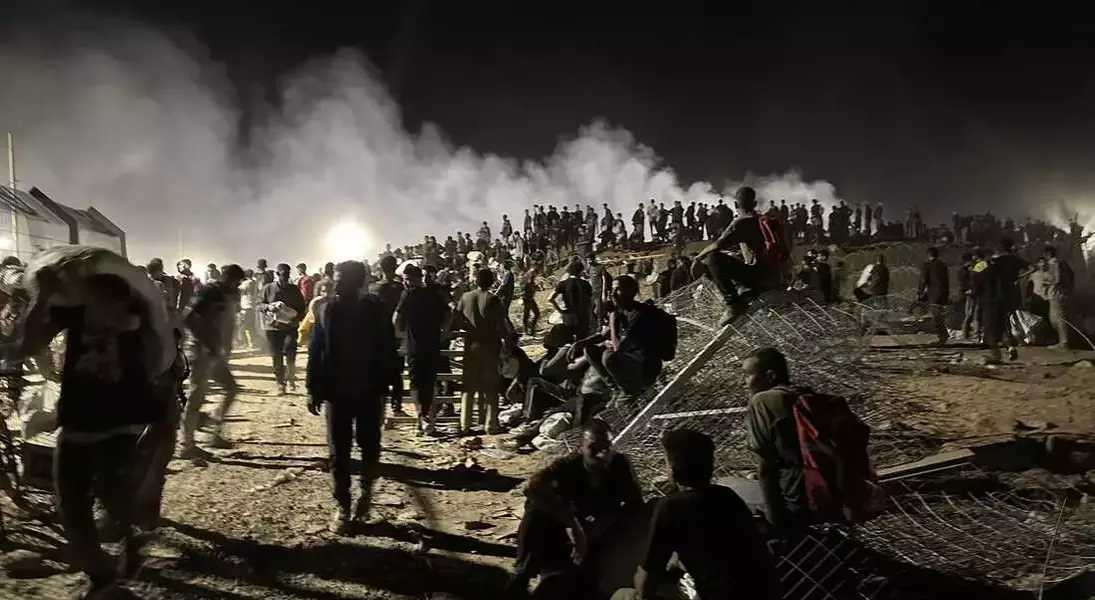

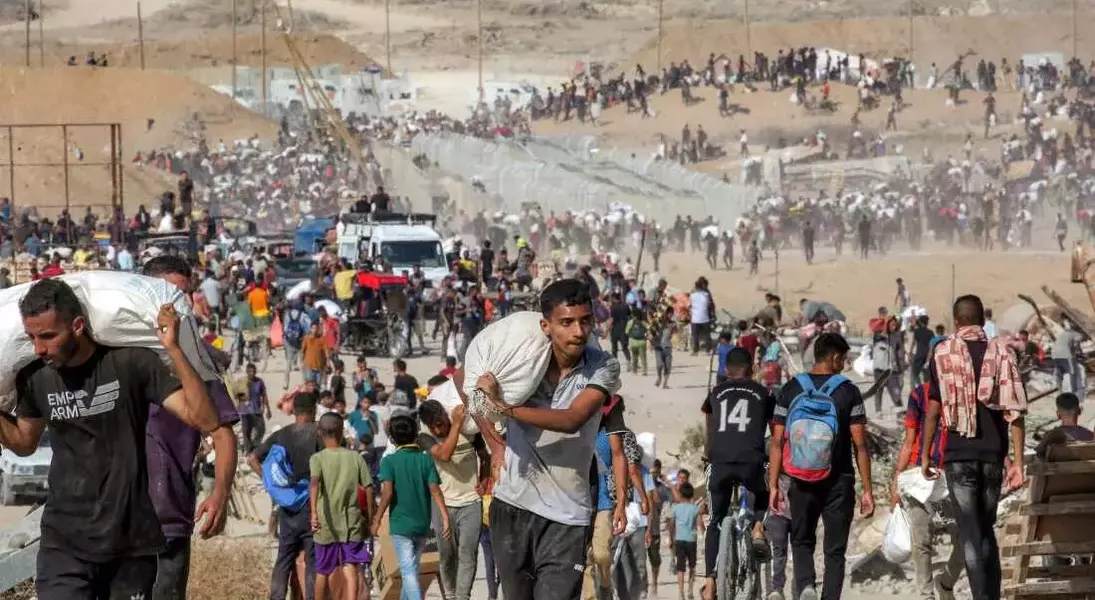
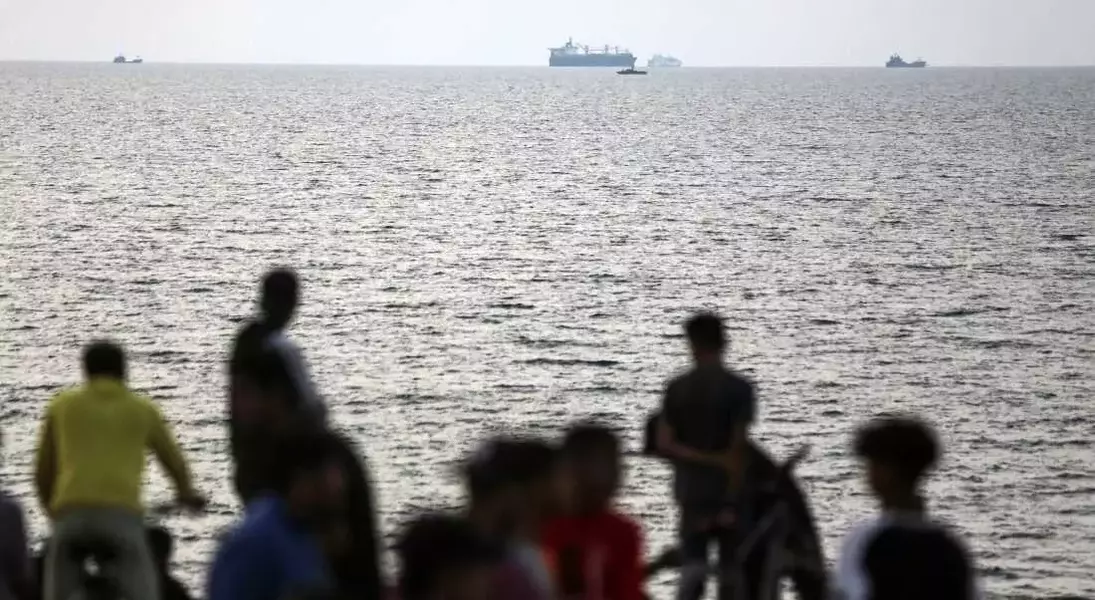
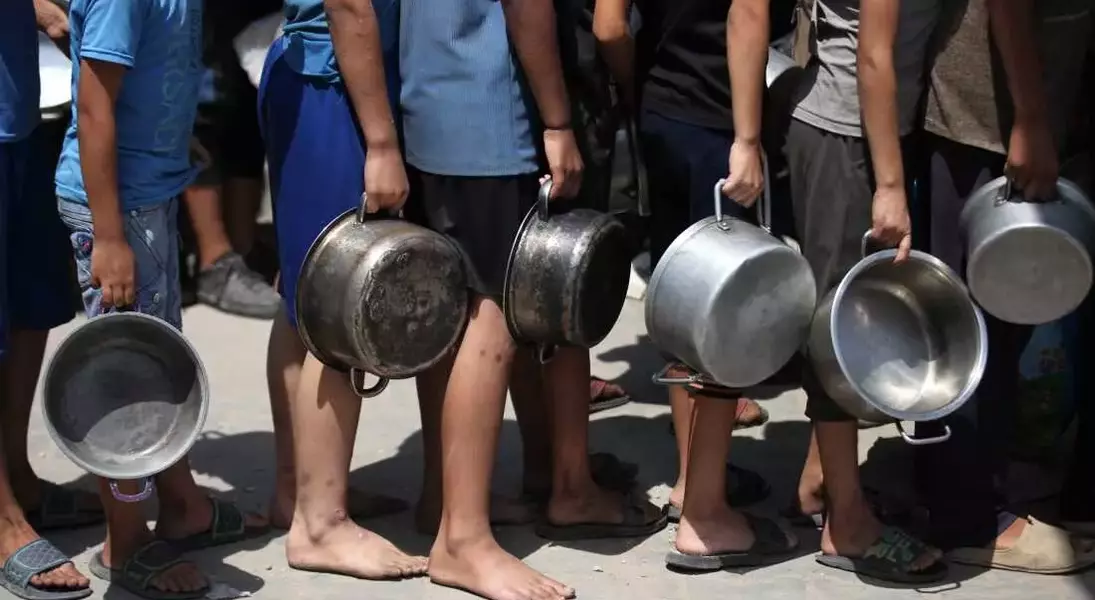
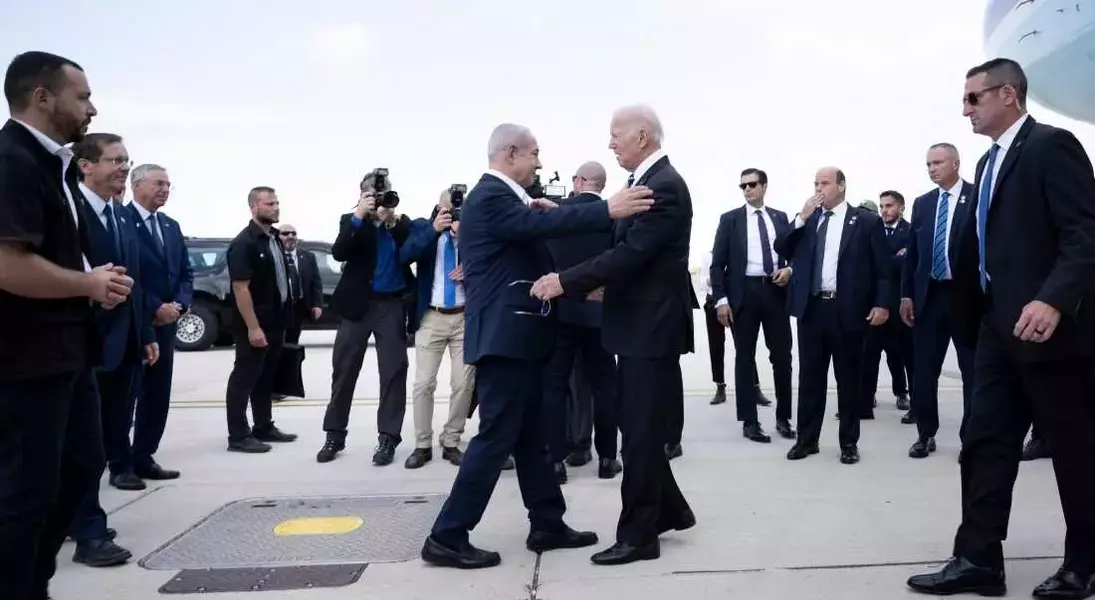
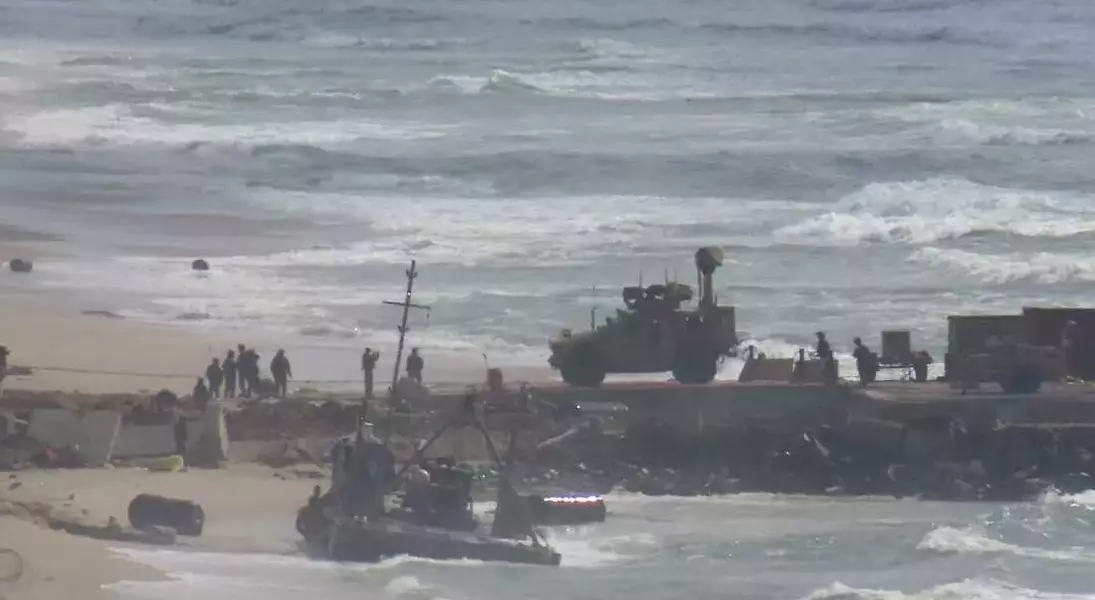



The unfolding humanitarian disaster in Gaza, marked by widespread famine, casts a long shadow over the efficacy of U.S. policy and its diplomatic efforts. Despite the Biden administration's repeated attempts to alleviate the crisis through various channels, the situation has deteriorated to a critical point. This comprehensive analysis explores the internal deliberations and external pressures that shaped the American response, revealing a narrative of persistent challenges, frustrated officials, and the ultimate failure to prevent mass starvation in the besieged enclave. The events highlight a complex interplay between political considerations, strategic alliances, and the urgent need for humanitarian intervention, leaving many to question the extent of global responsibility and the impact on the U.S.'s international standing. The current administration now faces scrutiny over its approach to humanitarian aid, which some critics argue has further exacerbated the dire conditions.
The current humanitarian catastrophe in Gaza, culminating in a declared famine, is a stark reflection of the limitations and internal tensions within the U.S. approach. Despite numerous efforts by the Biden administration, including intense diplomatic engagement and innovative aid delivery methods, the crisis escalated. The core issue was a fundamental disagreement on how strongly to pressure Israel, with some officials advocating for leveraging U.S. military aid and others prioritizing ongoing cooperation. This internal policy struggle, coupled with Israel's persistent restrictions on aid flow, ultimately hampered the effectiveness of humanitarian interventions. The shift in U.S. administrations has brought further changes, with the current leadership altering humanitarian assistance strategies, leading to a continued, and in some areas, worsened situation for the Palestinian people. This ongoing tragedy raises profound questions about global humanitarian obligations and the political will to enforce them.
The Trajectory of a Crisis: From Blockade to Famine
In the aftermath of the October 7, 2023, attacks, Gaza quickly descended into a humanitarian nightmare, exacerbated by Israel's comprehensive blockade. Early U.S. attempts to mitigate the crisis were mired in internal discord and Israeli intransigence. Despite desperate conditions, initial discussions within the U.S. government were reportedly overshadowed by a reluctance to impose conditions on Israel's military operations. This hesitancy allowed the humanitarian situation to rapidly deteriorate, leading to widespread hunger and displacement. The U.S. found itself constantly playing catch-up, struggling to open aid routes while facing an Israeli government that prioritized military objectives and public sentiment against aid, often leading to only incremental progress that was insufficient to meet the overwhelming needs of Gaza's population.
The conflict's immediate aftermath saw Israel implement a full siege on Gaza, drastically cutting off essential supplies. While U.S. officials engaged in exhaustive, often frustrating, negotiations to permit aid, these efforts were frequently met with resistance. The strategic rationale behind Israel's actions, coupled with domestic political pressures, meant that humanitarian concerns often took a backseat to military imperatives. Senior U.S. officials dedicated countless hours to brokering small concessions, such as opening specific water pipes or border crossings, but these hard-won victories were consistently insufficient against the backdrop of a rapidly worsening crisis. The initial reluctance of the White House to challenge Israel's conduct, combined with the sheer scale of the humanitarian needs, meant that aid efforts were always reacting to dire circumstances rather than proactively preventing them. This period set a grim precedent, as the U.S. became bogged down in micromanaging aid logistics rather than addressing the root causes of the blockade, leading to a profound sense of helplessness among many involved in the effort. The inability to secure a comprehensive and sustained flow of aid directly contributed to the current famine, highlighting a critical failure in international humanitarian response and diplomatic pressure.
The Dilemma of Influence: U.S. Policy and Humanitarian Outcomes
The Biden administration's approach to the Gaza crisis was deeply influenced by the President's long-standing commitment to Israel's security, creating a delicate balance between supporting an ally and addressing a spiraling humanitarian catastrophe. This led to a policy framework characterized by a reluctance to publicly condemn or impose punitive measures on Israel, even as internal frustrations mounted over the lack of aid access. Diplomatic efforts, though persistent, often felt like an uphill battle against an unyielding Israeli stance, which viewed aid limitations as a necessary measure in its conflict with Hamas. The U.S. administration's steadfast refusal to leverage its most significant tool—military aid—left many officials and critics questioning the sincerity and effectiveness of its humanitarian advocacy, as the crisis spiraled into famine, creating a profound and lasting challenge to America's moral authority on the global stage.
The profound personal and political ties between President Biden and Israel significantly shaped the administration's response to the Gaza crisis. This deep-rooted commitment meant that despite growing internal pressure and increasing civilian casualties, the White House exhibited a strong aversion to publicly criticizing Israel or using the leverage of military aid. Officials describe a deeply polarized internal debate: one faction argued for firm action, including the potential withholding of arms, based on international humanitarian law, while another prioritized maintaining the alliance with Israel, fearing that strong-arm tactics would alienate a crucial partner and hinder broader regional stability efforts. This cautious approach, perceived by some as morally compromised, allowed Israel to largely dictate the terms of aid access, leading to a situation where incremental gains were consistently outpaced by the accelerating humanitarian needs. The introduction of symbolic aid initiatives, such as airdrops and the temporary pier, while well-intentioned, ultimately served as a visible manifestation of the U.S.'s inability to effect significant change through more direct and impactful means. This policy stance, or lack thereof in the eyes of some critics, ultimately contributed to the devastating famine and has left an indelible mark on America's reputation as a global leader in human rights and humanitarian protection.
